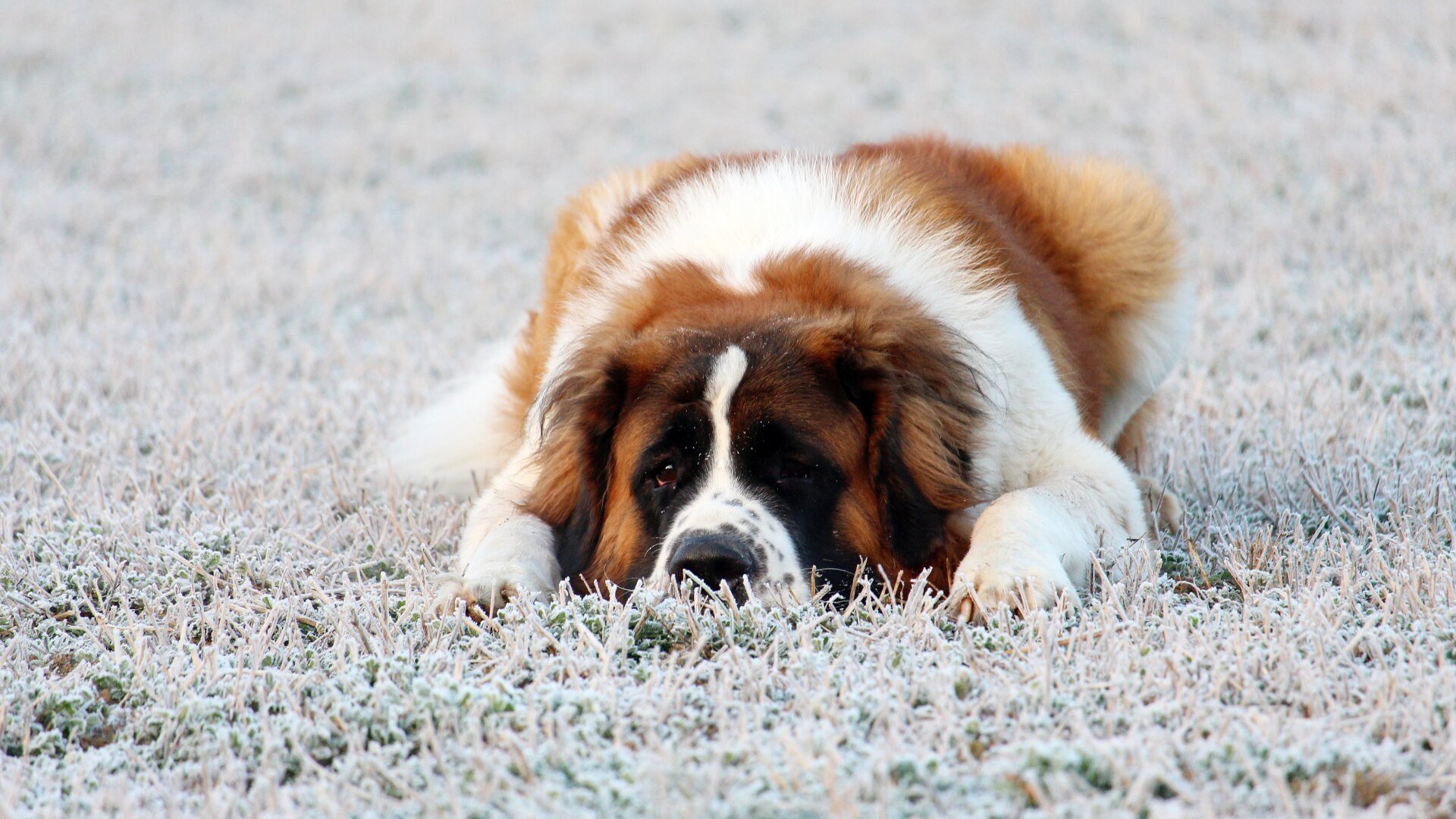Did you know that hip dysplasia is the most common orthopedic issue we see in medium and large dogs? This painful condition can happen to any pooch, though it’s most common in big dogs. In fact, some breeds have as much as a 70% incidence rate. While some pups don’t show signs of hip dysplasia until they are seniors, others display indications as young as six months. The disease isn’t curable, but it can be managed. However, early diagnosis and treatment are both extremely beneficial. A local vet lists some things to watch for below.
Reduced Activity
Hip pain can really put the brakes on Fido’s playful antics. Your cute pet may not be as interested in playing Fetch or jumping for Frisbees. When your pup does feel frisky, he may tap out after just a few minutes.
Less Mobility
Hip dysplasia can make even small movements difficult for your beloved pet. You may notice Fido having trouble climbing stairs, getting in and out of the car, or even just getting up or down. Your pet may act wobbly, and he may not want to leave his bed.
Loss Of Muscle Mass
As hip dysplasia gets worse, your four-legged friend will become less active. That will cause a loss of muscle mass and, eventually, muscle atrophy. Your canine buddy may also start becoming bulkier on the front end. This is because he’s trying to take weight off his rear legs, and will hold his weight differently.
Changing Gait
Hip dysplasia can also affect a dog’s gaits. Fido may walk with a swinging, swaying stride. Or, he might have more of a hopping stride, almost like a bunny’s.
Reduced Range Of Motion
You may notice pain and/or lameness, particularly in your furry friend’s back legs. Fido may also not be able to turn or bend very easily.
Treatment
If your canine buddy is showing any of these symptoms, contact your vet right away. Fido will need exams and tests to determine if he does have hip dysplasia and, if so, how severe it is. Once your pup has been examined and diagnosed, your vet will be able discuss specific treatments with you. These may entail nutritional options, such as supplements or a specific diet; a doggy workout regime; medication; and/or other options.
Do you know or suspect that your dog has hip dysplasia? Contact us, your animal clinic, today!



